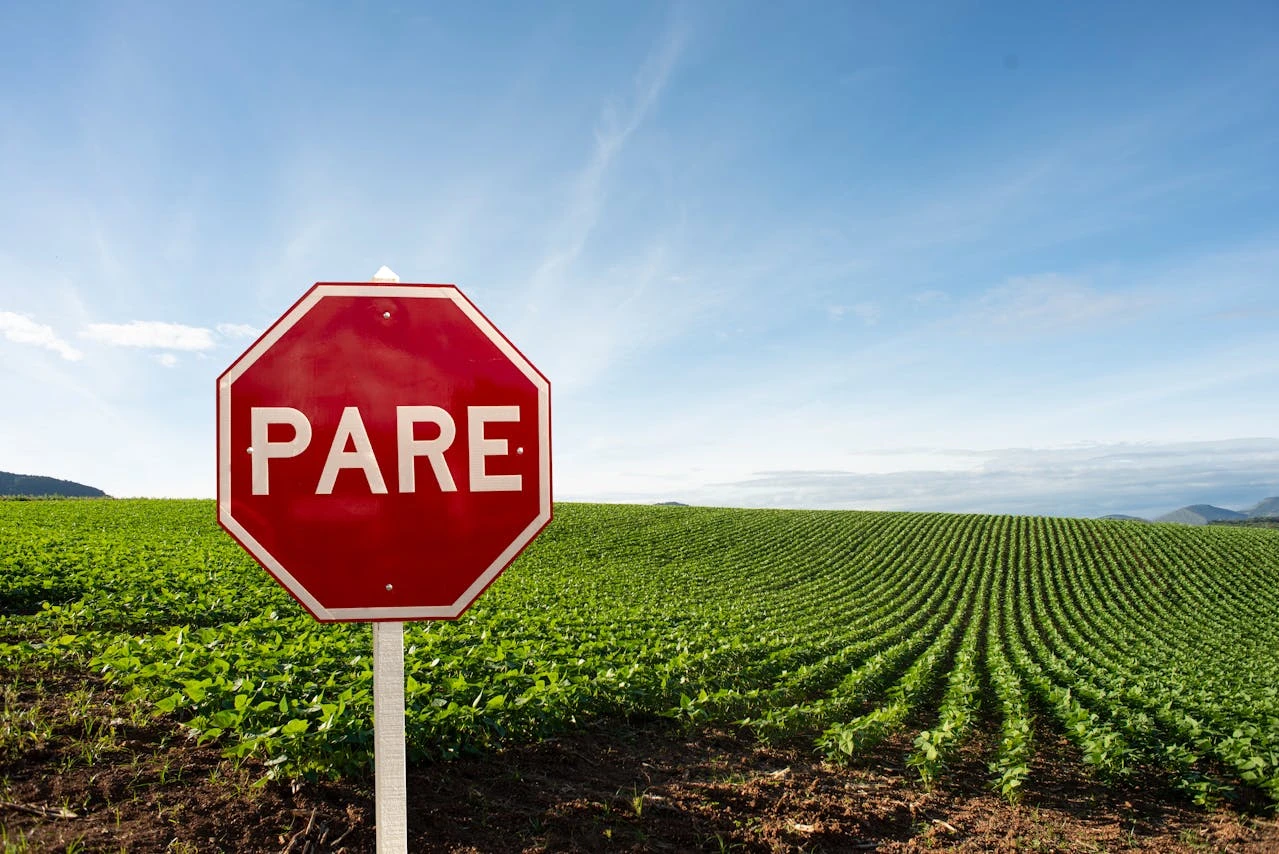Early action against unlicensed Brazil gambling operators splits industry opinion

Normative Ordinance No 1,475 stipulates that only operators who are both already active in Brazil and have submitted a licence application will be able to continue to operate during the transition period between 1 October and 31 December. The legal market is set to launch on 1 January 2025.
Following the publication of Normative Ordinance No 1,475, four more applications were registered today (18 September) on SIGAP, Brazil’s betting management system. That suggests it has prompted some operators to speed up their applications.
And the country’s most prominent operator association has given the measure its endorsement. The Brazilian Institute of Responsible Gaming (IBJR) “celebrates” the accelerated crackdown against unlicensed gambling operators.
“The measure will be essential for an initial cleansing of the market and the permanence of brands that demonstrate a genuine interest in operating in the regulated and healthy national market, coexisting harmoniously with other segments of the economy,” IBJR said in a statement published on Linkedin.
Is the new ordinance unconstitutional?
But is it even legal? Some have raised concerns over whether Normative Ordinance No 1,475 is in fact aligned with Brazil’s Constitution.
For instance, Paulo Horn, the president of the Order of Attorneys of Brazil in Rio de Janeiro, maintains the ordinance is unconstitutional, urging the ministry of finance to reconsider.
“The measure violates the principle of legality, the hierarchy of norms, legal certainty and the limits of regulatory power,” Horn said on Linkedin.
“It is recommended that the ministry of finance reassess its position regarding the anticipation of the deadline and seek the necessary legislative modification to ensure compliance with the constitution, ensuring stability and confidence in the rules that regulate the betting sector.”
Specifically, Horn points to article five of the Brazilian Constitution. This states “no one is obliged to do or refrain from doing something except by virtue of law”. Horn then highlights article 37, which outlines “lawfulness” as a principle that must be obeyed.
Article 59 of the Constitution, which establishes the hierarchy of norms, clarifies that federal law has a higher importance than “administrative acts and infra-legal norms”, he says. This means it supersedes Normative Ordinance No 1,475 in his view.
Those articles in the Constitution, as well as concerns over legal certainty relating to changing of deadlines, mean Horn believes the ordinance is unconstitutional and therefore must be reconsidered or withdrawn by the ministry of finance.
Reaction at state level
There’s also the question of how the federal regulation will relate to state lotteries, such as Lottopar, which currently monitors five operators in Paraná. Lotteries can license companies to offer gambling within their states – although Rio de Janeiro’s Loterj is already testing those boundaries.
Like IBJR, Lottopar welcomed the new ordinance, believing it gives the regulator further power in the fight against illegal operators and promotes a safer environment for bettors in Paraná and throughout Brazil.
“This is a milestone for regulation and for the consolidation of a safer and more transparent environment in the lottery and fixed-odds betting sector,” Lottopar CEO Daniel Romanowski said.
“With this ordinance, those who follow the regulations, such as Paraná, will no longer face unfair competition from illegal websites. [These sites] had the opportunity to legitimise their status, both at the state and federal levels, but preferred to operate without regulation, in tax havens and, in some cases, with links to organised crime.”
